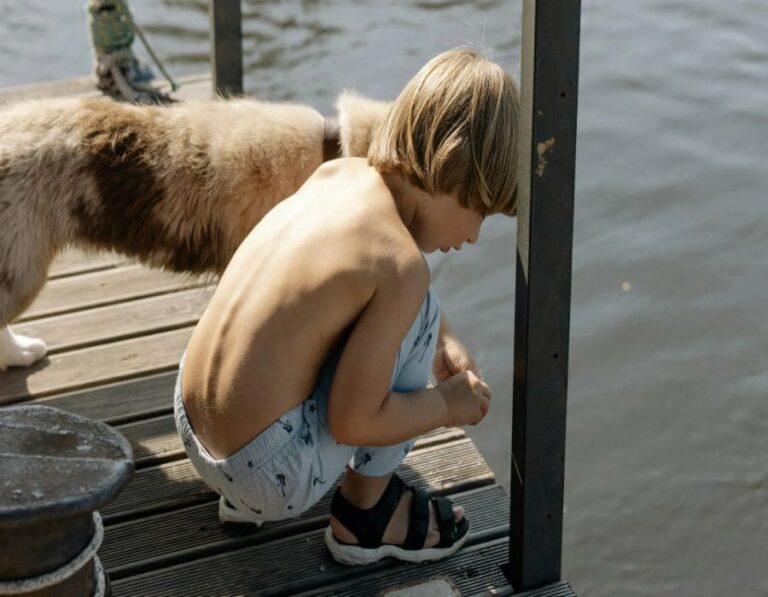8 Tips to Ensure Your Puppy Gets Along With Its Littermates
Introducing a puppy into a group with its littermates can be a joyful yet challenging experience. Puppies are full of energy and curiosity, which can sometimes lead to playful scuffles or misunderstandings. Helping your puppy develop positive relationships with its siblings is crucial for their socialization and emotional well-being.
Here are 8 effective tips to promote harmony and ensure your puppies get along well.
1. Start Socialization Early

Socialization is key to helping puppies learn how to interact with others. Encourage play and interaction among the litter as soon as they’re old enough. Early socialization helps puppies understand appropriate behavior and builds strong bonds with their siblings.
2. Provide Enough Resources
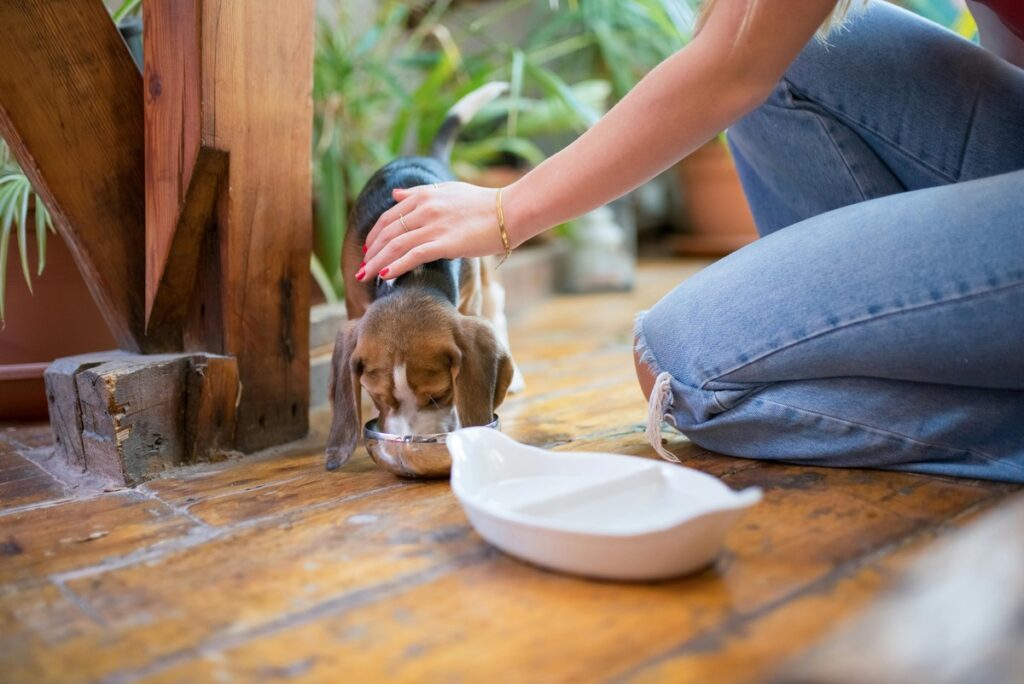
Competition over food, water, and toys can create tension among puppies. To avoid conflicts, ensure each puppy has its own bowl, bed, and access to shared spaces like crates or play areas. Multiple feeding stations and toys help minimize competition and promote harmony.
3. Create a Neutral Introduction Zone
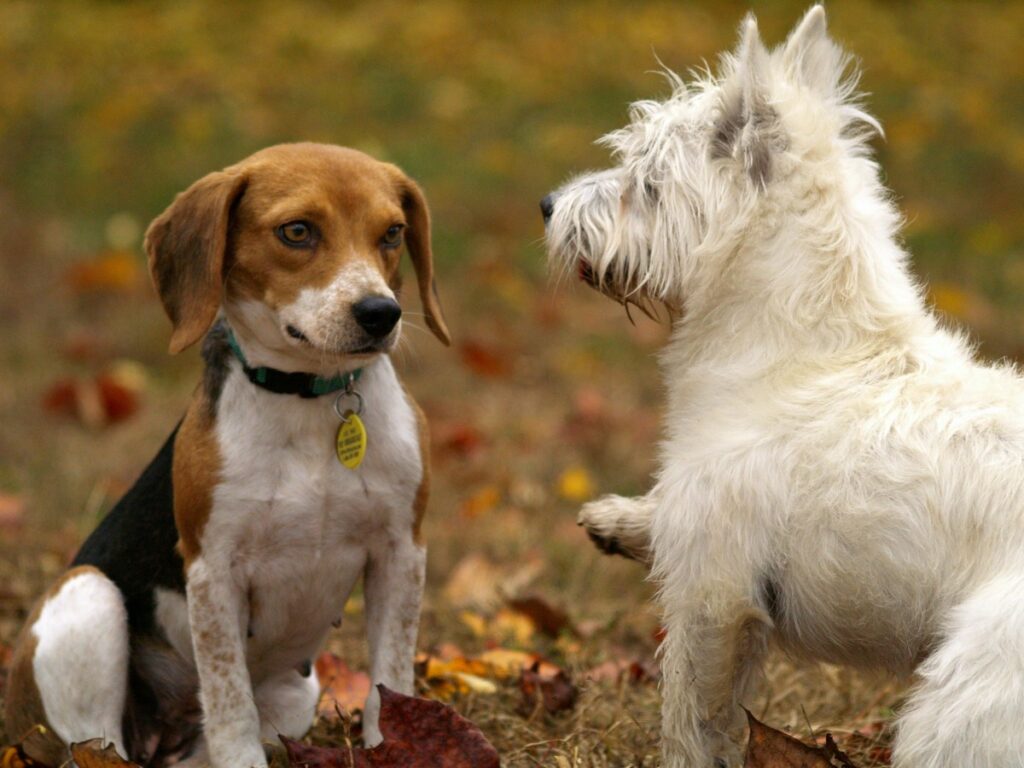
If you’re introducing a new puppy to its littermates or reuniting them after separation, use a neutral space. Avoid areas where a puppy may already feel territorial. A calm, shared space with plenty of room to move around helps ease introductions and reduces potential conflicts.
4. Facilitate Group Play
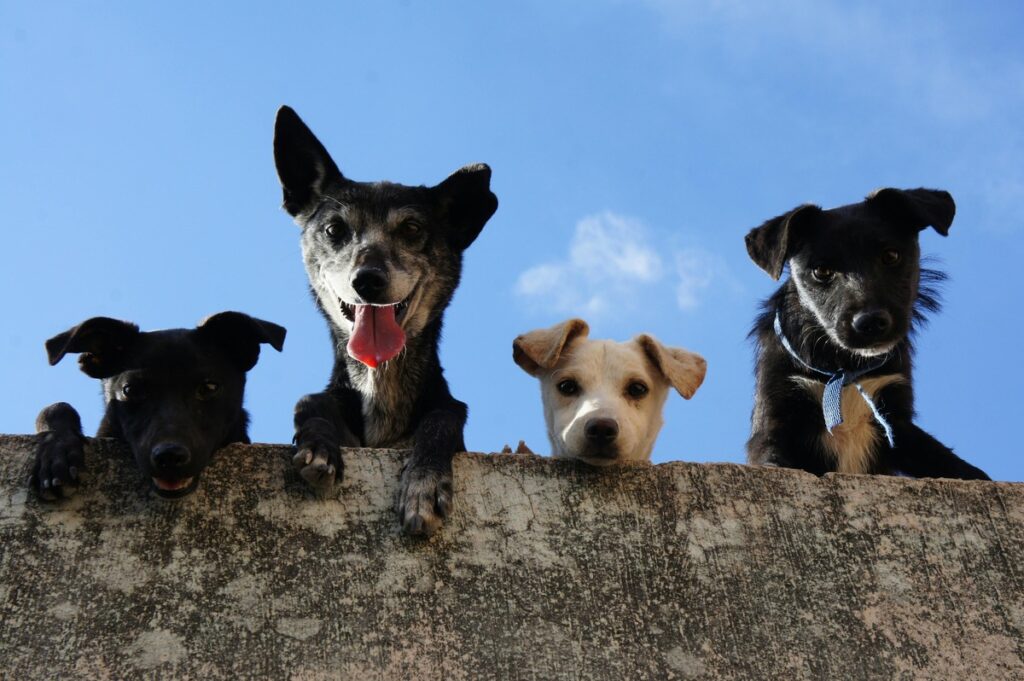
Puppies bond through play, so encourage group activities that involve all littermates. Use interactive toys like tug ropes or balls to engage the puppies together. Group play fosters teamwork, burns off excess energy, and reinforces positive associations with their siblings.
5. Monitor Their Behavior
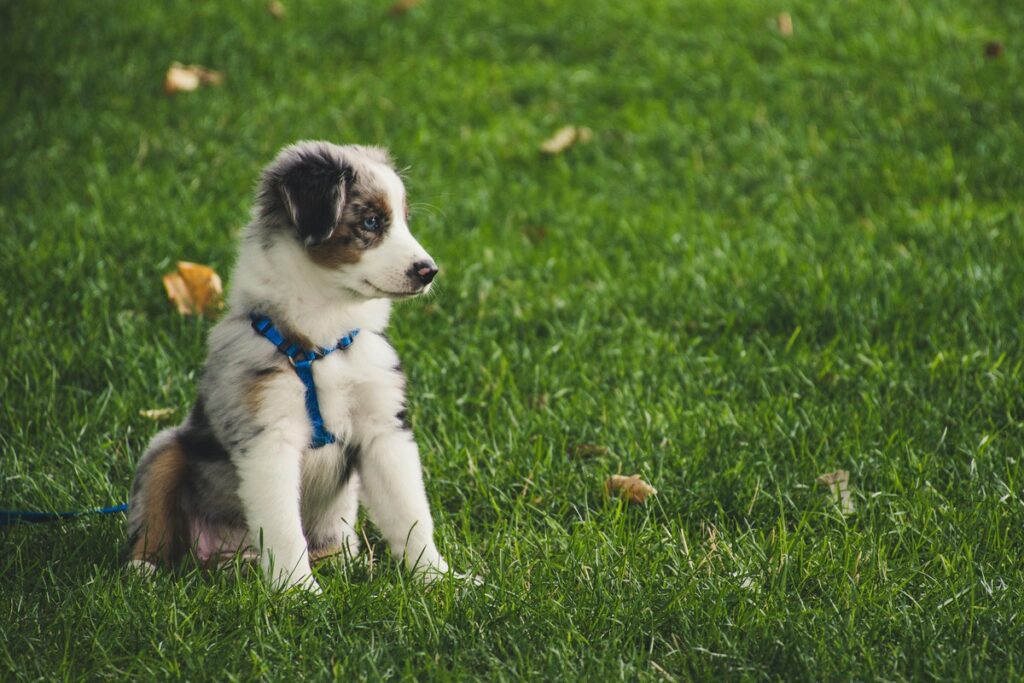
While puppies often play rough, it’s important to watch for signs of aggression or bullying. Step in if play gets too intense or if one puppy seems overwhelmed. Redirect their energy with toys or separate them briefly to allow everyone to calm down.
6. Give Each Puppy Individual Attention
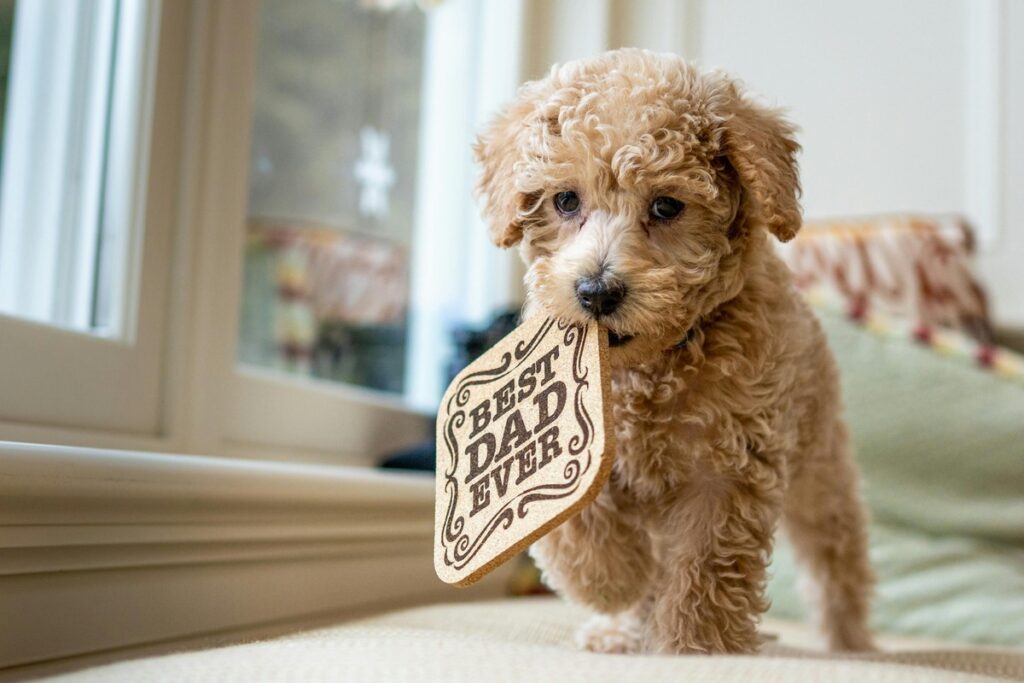
While fostering group dynamics is important, each puppy also needs one-on-one time with you. Individual attention helps build trust, reduces feelings of competition, and ensures each puppy feels loved and valued.
7. Introduce New Experiences as a Group
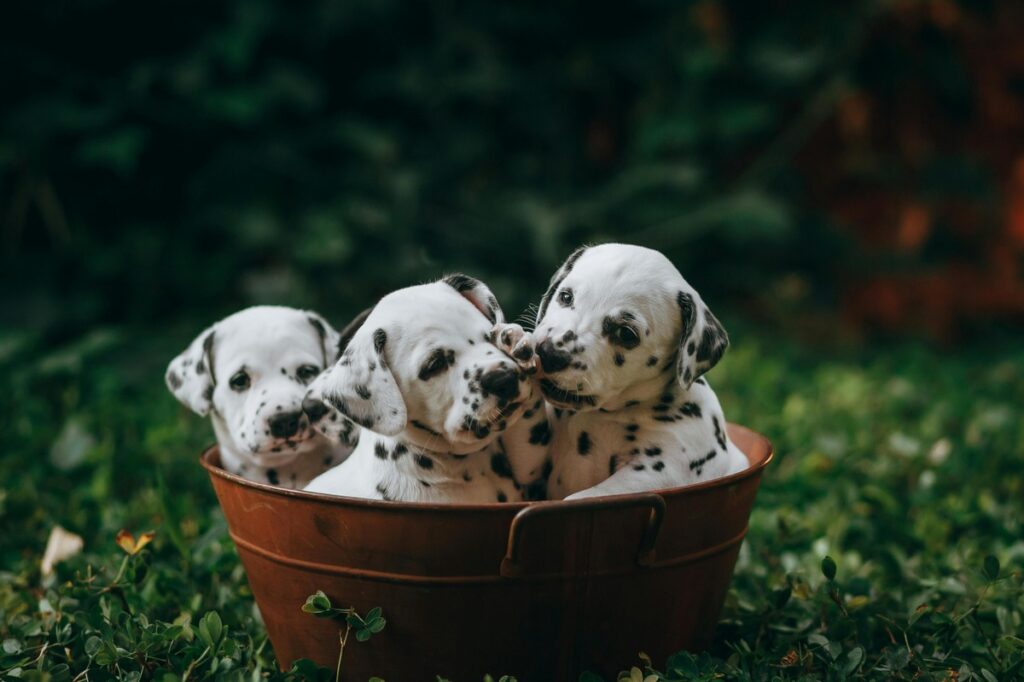
Expose your puppies to new environments, objects, and situations together. Exploring a new room, meeting new people, or encountering different sounds as a group can help them bond through shared experiences. These adventures build trust and create a sense of security among littermates.
8. Stay Patient and Consistent
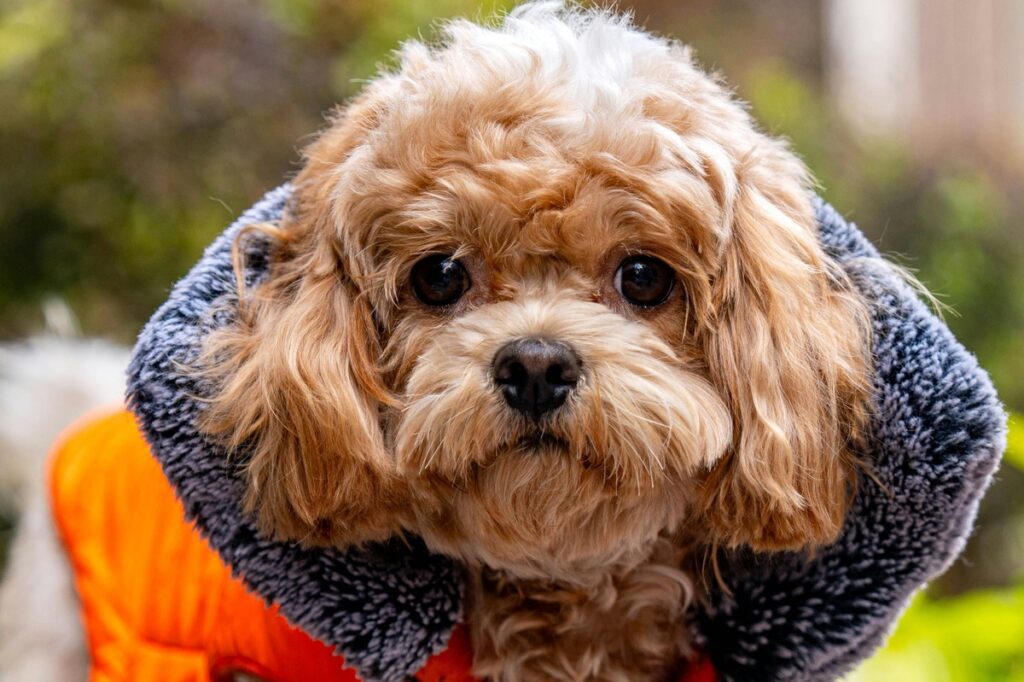
Building strong relationships among puppies takes time. Be patient and let them develop their dynamics naturally, while providing consistent guidance. Maintain regular routines for feeding, play, and rest to create a stable environment where all puppies feel safe and secure.
Promoting positive interactions among puppies sets the foundation for their social development and future relationships. With patience, consistency, and the right strategies, your puppies can build strong bonds with their littermates and grow into confident, well-adjusted dogs. By following these tips, you’re giving your furry friends the best start to a lifetime of love and companionship.





